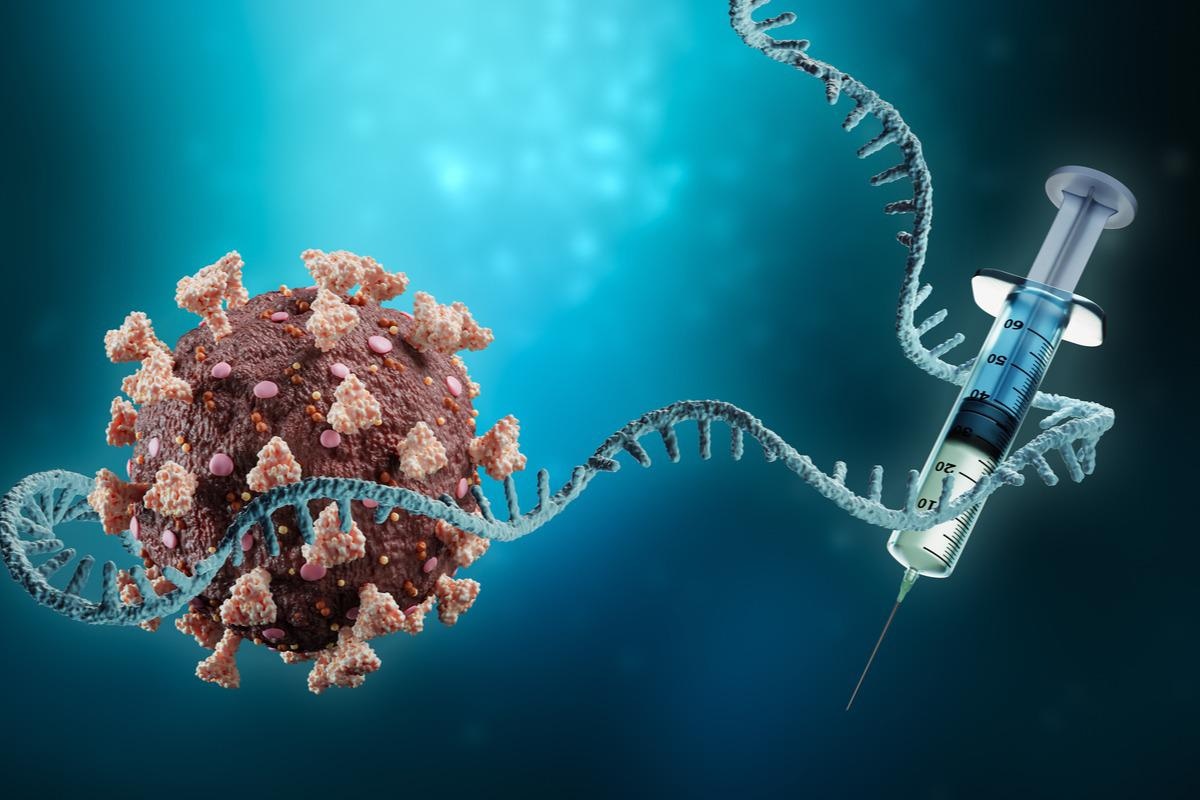Several vaccine candidates have been developed following the onset of the coronavirus disease 2019 (COVID-19) pandemic. Most countries throughout the world have rolled out extensive vaccination programs to vaccinate and protect individuals from severe infections and deaths associated with COVID-19.
 Study: Risk of myocarditis and pericarditis following COVID-19 vaccination in England and Wales. Image Credit: MattLphotography/Shutterstock
Study: Risk of myocarditis and pericarditis following COVID-19 vaccination in England and Wales. Image Credit: MattLphotography/Shutterstock

 *Important notice: medRxiv publishes preliminary scientific reports that are not peer-reviewed and, therefore, should not be regarded as conclusive, guide clinical practice/health-related behavior, or treated as established information.
*Important notice: medRxiv publishes preliminary scientific reports that are not peer-reviewed and, therefore, should not be regarded as conclusive, guide clinical practice/health-related behavior, or treated as established information.
However, the US Centers for Disease Control and Prevention (CDC) reported mild to moderate myocarditis/pericarditis cases post the second dose of mRNA vaccination on 17th May 2021.
Most of the patients who were found less than 50 years of age were reported to be presented with chest pain, fever, raised cardiac-specific troponin many days after vaccination followed by full recovery. In Israel, a higher risk of myocarditis was reported in younger men following the second BNT162b2 (BioNTech, Pfizer) vaccination. A self-controlled case series (SCCS) design in England reported an increased risk of myocarditis after first doses of BNT162b2, ChAdOx1 (Oxford, AstraZeneca), and mRNA-1273 (Moderna) vaccines.
A new study posted to the pre-print server medRxiv* used a cohort design for the estimation of adjusted hazard ratios (aHRs) for hospitalized or fatal myocarditis/pericarditis following the first and second dose of BNT162b2 and ChAdOx1 vaccines.
About the study
The study included individuals who were aged 12 years or above, were of known sex, were alive at the start of the vaccination program, and possessed at least one primary care record. The ‘myocarditis’ and ‘pericarditis’ outcomes were defined by ICD10 codes.
Estimation of aHRs for hospitalized or fatal myocarditis/pericarditis was carried out on 0-13 and 14+ days after the first and second dose of BNT162b2 and ChAdOx1-S vaccines. Follow-up began on 8th December 2020 and ended due to either death, outcome event, or the end date of the study (17th May 2021). Interactions with sex and age group were also examined. Furthermore, two sensitivity analyses, subgroup analysis in people with and without prior COVID-19, and analysis of ‘myocarditis’ and ‘pericarditis’ in a single post-vaccination period was carried out.
Findings
The results reported that 3,216,259 and 8,614,934 people had received the first and second doses of BNT162b2 while 19,336,909 and 15,925,122 people had received the first and second doses of ChAdOx1. Also, 1,459 pre- and 607 post-vaccination events were reported.
The results indicated a lower incidence of myocarditis/pericarditis after the first dose as compared to before or without vaccination. Following the second dose, the aHRs for 0-13 days were found to be 0.77 and 14+ days were found to be 1.11 for BNT162b2 as compared with the duration between the first and second doses. For the second dose of ChAdOx1-S, the aHRs for 0-13 days were found to be 1.33 and 14+ days were found to be 1.38.
The aHRs for first dose analyses were observed to decrease with increasing age group while for second dose analyses the evidence was found to be inconsistent. Also, similar aHRs were produced by people with or without prior COVID-19 in the subgroup analysis. Splitting the combined outcome suggested that pericarditis might be the cause of elevated aHRs.
The current study, therefore, demonstrates lower fatality or incidence of myocarditis/pericarditis following the first dose of the ChAdOx1 and BNT162b2 vaccine. Also, significant evidence to support a higher incidence of these events after the second dose of these vaccines was not available. Therefore, the benefits of vaccination were considered more significant as compared to the risk of myocarditis/pericarditis.

 *Important notice: medRxiv publishes preliminary scientific reports that are not peer-reviewed and, therefore, should not be regarded as conclusive, guide clinical practice/health-related behavior, or treated as established information.
*Important notice: medRxiv publishes preliminary scientific reports that are not peer-reviewed and, therefore, should not be regarded as conclusive, guide clinical practice/health-related behavior, or treated as established information.